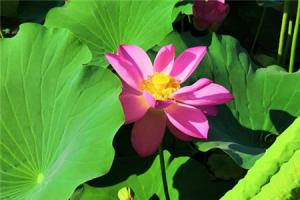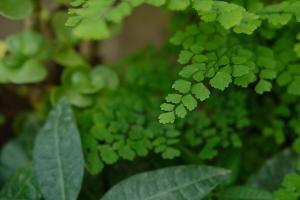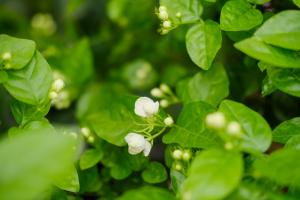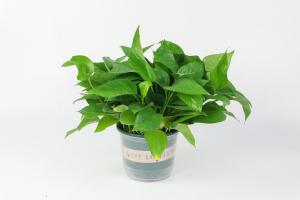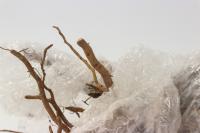Soil suitable for fruit vine
The cultivation of fruit vine should use loose, fertile and well drained soil, humus rich rotten soil or peat soil. It can also be mixed with plant rotten leaves and moss bark into the garden soil to make suitable basin soil for planting

Growth temperature of fruit vine
The temperature suitable for the growth of fruit vine is about 15-30 ℃, generally 21-27 ℃ in spring and summer and 16-21 ℃ in autumn and winter. If the temperature is lower than 16 ℃ in winter, the plant will stop growing and developing. It should be noted that the cultivation temperature must not fall below 10 ℃, otherwise it is easy to frostbite the plant
Light demand of fruit vine
The fruit vine likes light and needs to provide enough sunlight in the breeding process. If you don't get enough sunlight for a long time, the fruit vine will grow more and more slowly and the flowering will be delayed later. However, it should be noted that although the flower has high requirements for light time, it is afraid of strong light. When the sun is strong in summer, pay attention to shading and do not expose it to the direct sun
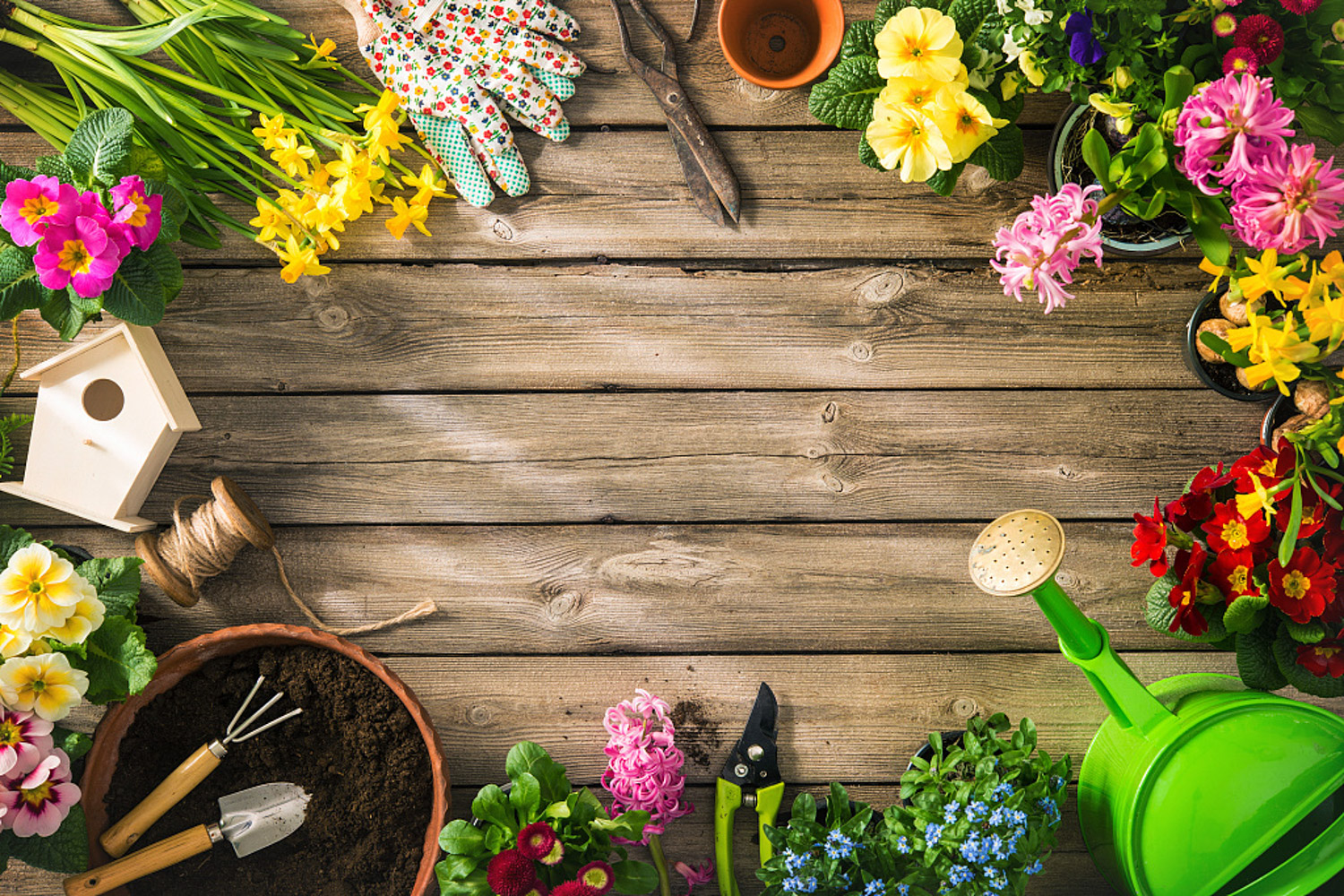
How to water the fruit vine
The fruit vine has a high demand for water and cannot lack water. The soil should always be kept slightly wet. In the period of vigorous growth, it is necessary to often spray water on the leaves. In winter, we should reduce watering. It should be noted that the flower is very sensitive to water quality. It is best to use water with low hardness instead of tap water
How to fertilize fruit vine
During the growth period of fruit vine, light liquid fertilizer should be applied every 15 days or so. There are some tiny scales on the leaf root of this flower plant to absorb nutrients and water, so liquid fertilizer can also be sprayed directly on it

Change basin and soil
When changing the basin and soil for the fruit vine, we should apply some base fertilizer. Generally, we need to spread 3cm thick base fertilizer at the bottom of the basin before putting the soil in
Diseases and insect pests of fruit vine
The main disease endangering the fruit vine is leaf spot. If this disease is encountered, it can be treated by spraying with Bordeaux fungicide solution. Sometimes the flower will encounter scale insects, which are extremely harmful and should be eradicated in time. If you want to spray insecticides to kill insects, it should be carried out when they are just hatching, otherwise it will not be easy for the solution to work after the beetle shell is formed. Generally speaking, wiping the plant with alcohol repeatedly and gently can eliminate insects. In this way, even the larvae that cannot be seen by the naked eye can be completely eliminated. It is a relatively simple and safe method to eliminate insects

 jackfruit
jackfruit snake plant
snake plant hibiscus
hibiscus hydrangea
hydrangea lavender
lavender Green roses climb al...
Green roses climb al... If you don't pay att...
If you don't pay att... Management of four g...
Management of four g...
